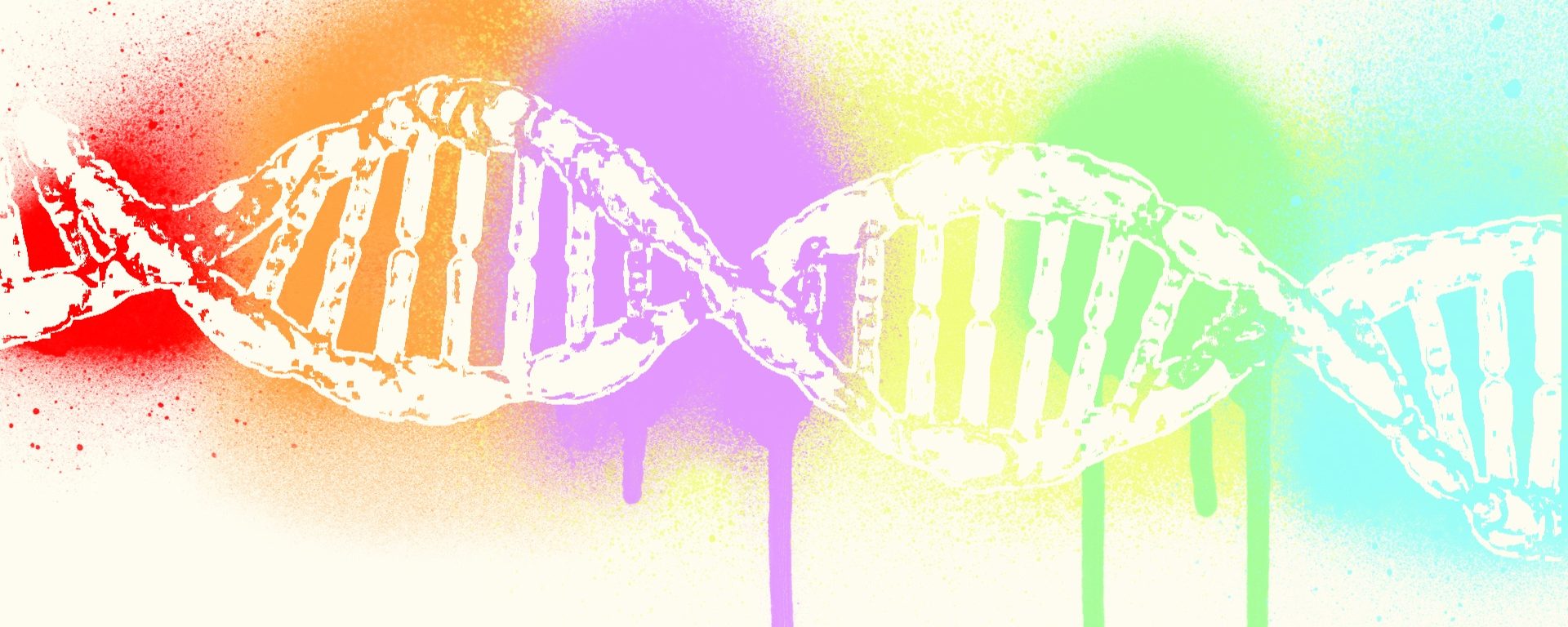Nurses are incredible members of the medical world. They work with patients one-on-one, day-in and day-out, providing hands-on care to those in need of care. If you are looking to become a Registered Nurse, you may already know how rewarding this career path can be. But how do you get there? The first step: nursing school.
Registered Nurses today must be licensed to practice. In order to sit for the Licensure Examination (called the NCLEX-RN), aspiring nurses must complete a college education. There are a few educational paths you can choose from today. To become a Registered Nurse, you can earn:
- A Bachelor of Science in Nursing (BSN),
- An Associate degree in Nursing (ADN), or
- A diploma from an approved nursing program
Some aspiring nurses choose to earn their ADN to start, and later pursue an RN-to-BSN degree, helping them get into the nursing field fast. There is also an accelerated BSN pathway for those who already have their bachelor’s degree in a different major. Finally, there’s the Master’s of Science in Nursing (MSN) for those who desire an even more advanced career in a nursing specialty, such as Midwifery.
No matter which path you choose to take to become a nurse, you’ll need to sit for and pass that NCLEX-RN examination. Because nurses are in such high-demand now, many aspiring RNs opt to take an ADN program first. This allows them to take their core college nursing courses, become licensed, and start working in the field.
The NCLEX-RN examination covers a range of nursing topics, such as safety, patient care, health promotion, management of care, and more. To prepare for this exam (and to be eligible to sit for this exam), you’ll need to take certain college courses in nursing.
Below are some of the most essential, associate-level nursing courses you’ll want to check off your list before becoming a Registered Nurse.
- Anatomy and Physiology II.
This course teaches students how to examine the structure and function of the human body, with a focus on the anatomy and physiology of the following systems:
- Sensory
- Endocrine
- Cardiovascular
- Respiratory
- Immune
- Lymphatic
- Gastrointestinal
- Renal
- Reproductive
- Microbiology
This classic nursing course explores the role of microorganisms in disease and health. Important information for nurses, don’t you think? In this course, you can expect to learn the function, growth, structure, and transmission of:
- Bacteria
- Fungi
- Helminths
- Protozoans
- Vectors of Pathogenic Agents
- Viruses
- Lifespan Development
Nursing students learn about the basic concepts and theories of the human experience, such as cognitive, personality, physical, and social development from the moment of conception through death. With this course, you will also study the cultural nature of human development and relevant socio-emotional processes.
- Nursing Skill Development
Here is a very basic and important college nursing course, which equips students with the fundamental skills for professional nursing practice. Concepts focus on human beings and their responses to the environment. There is special focus placed on:
- The development of basic communication skills
- Client physical and psychosocial assessment
- Specific nursing skills related to nursing interventions
- Adults and Wellness Continuum I
This is a course that really offers students a hands-on learning experience, with people in need of physical or physiological treatment. The focus is on care of adults with health problems related to:
- Cardiac Function
- Elimination
- Fluid and Electrolyte Balance
- Oxygen
- Nutrition
- Surgical Procedures
Through this course, students experience clinical practice in the nursing skills lab and in acute care settings.
- Adults and Wellness Continuum II
Students in this course work hands-on with patients suffering from acute and chronic health conditions, in the areas of endocrine, musculoskeletal, protective, renal and reproductive function, and sensorimotor. Blood disorders, such as human immunodeficiency disease, and burns are also covered here. More clinical lab practice and acute care setting experience is offered in this course.
- Families and a Wellness Continuum
As the name would suggest, this course offers a special focus on family care. It delves into nursing care provided through the childbearing and childrearing stages. In addition to clinical experiences in acute and non-acute settings, students will get to experience hands-on learning in public schools.
- Integration of Nursing Practice: Adults with Complex Health Problems
With this culminating nursing course, nursing students apply their knowledge to focus on patients’ physical and psychological health function. The emphasis is on care of those with ailments related to:
- Cancer
- Mental health
- Multi-system failure
- Neurological health
- Sepsis
- Trauma
All patient care skills, including application of therapeutic and pharmacological modalities, psychomotor skills, teaching and communication are involved with this college nursing course. Clinical experiences are provided in acute medical-surgical settings.
There’s a lot to learn in preparing for your career as a Registered Nurse. If you’re looking for a flexible nursing college in Connecticut, please don’t hesitate to reach out. Contact Goodwin College to learn about our many different nursing programs available. Our courses are convenient, so working students can maintain their careers while earning a degree.
Learn more by calling 1-800-889-3282, or visit us online to request more information.
Goodwin University is a nonprofit institution of higher education and is accredited by the New England Commission of Higher Education (NECHE), formerly known as the New England Association of Schools and Colleges (NEASC). Goodwin University was founded in 1999, with the goal of serving a diverse student population with career-focused degree programs that lead to strong employment outcomes.

